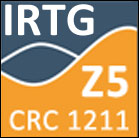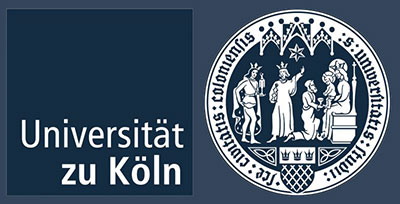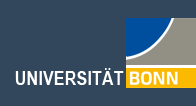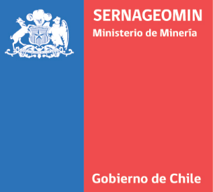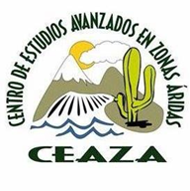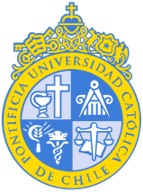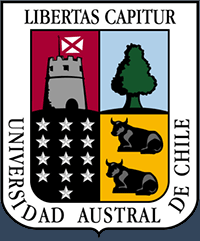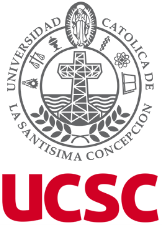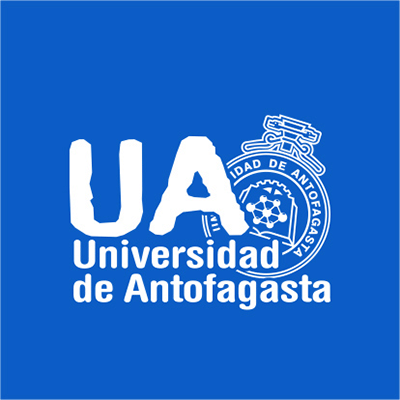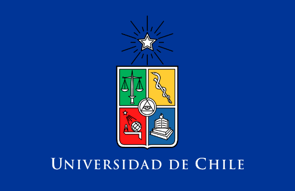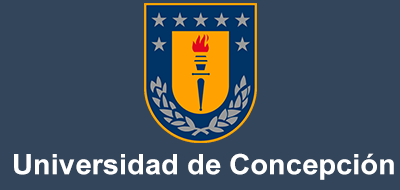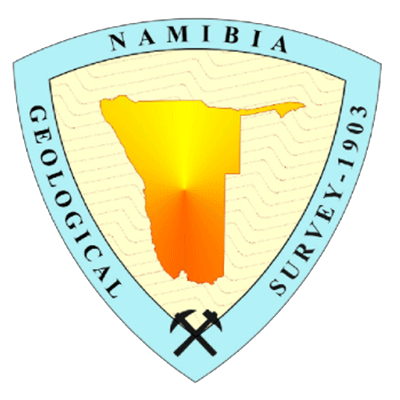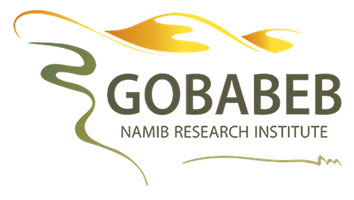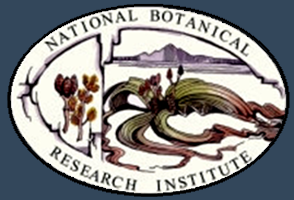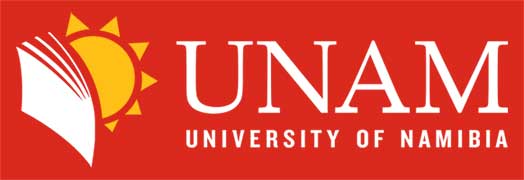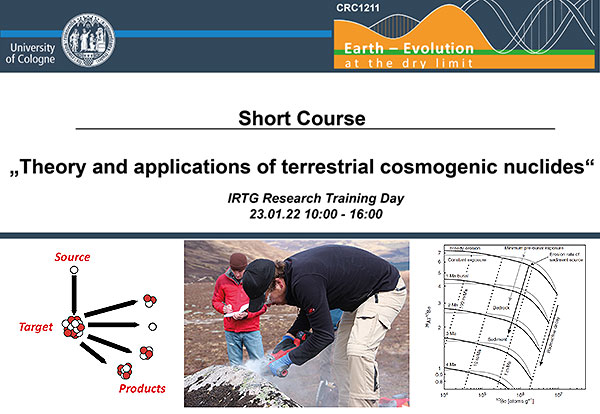
| Topic: | Theory and applications of terrestrial cosmogenic nuclides | |
| Instructor: |
Dr. Benedikt Ritter & Dr. Steven Binnie |
|
| Date: | 23. Jan 2023 | |
| Time: | 10:00 - 16:00 (CET), breaks included | |
| Location: | In person. Hörsaal Geologie, Zuelpicher Str. 49a |
Short abstract with content covered during RTD:
Cosmogenic nuclides have a range of applications, including dating geomorphological surfaces and sedimentary deposits, or measuring rates of surface processes such as erosion. Several projects in the CRC1211 are using cosmogenic nuclides in their research in the Atacama Desert. This course will give a brief introduction to the theory behind the use of both stable (e.g. 21Ne) and radiogenic (e.g. 10Be, 26Al, 36Cl) cosmogenic nuclides and discuss the different ways they can be applied, with an emphasis on applications in arid environments. Training will incorporate laboratory tours and demonstrations, as well as a tour of the Accelerator Mass Spectrometer housed in the Physics Institute. Attendees should gain an understanding of the basics of the technique, as well as an appreciation of what is required to go from samples collected in the field to usable cosmogenic nuclide data.
Previous experience: None required.
What you need to participate in the course: Nothing.
Maximum number of participants: 12 (first come, first served).
PhD candidates of the CRC have priority to participate. Left spaces can be filled up by interested Postdocs of the CRC (write an email beforehand, if interested).
Registration: Register by e-mail to This email address is being protected from spambots. You need JavaScript enabled to view it. by 9th Jan 2023.




